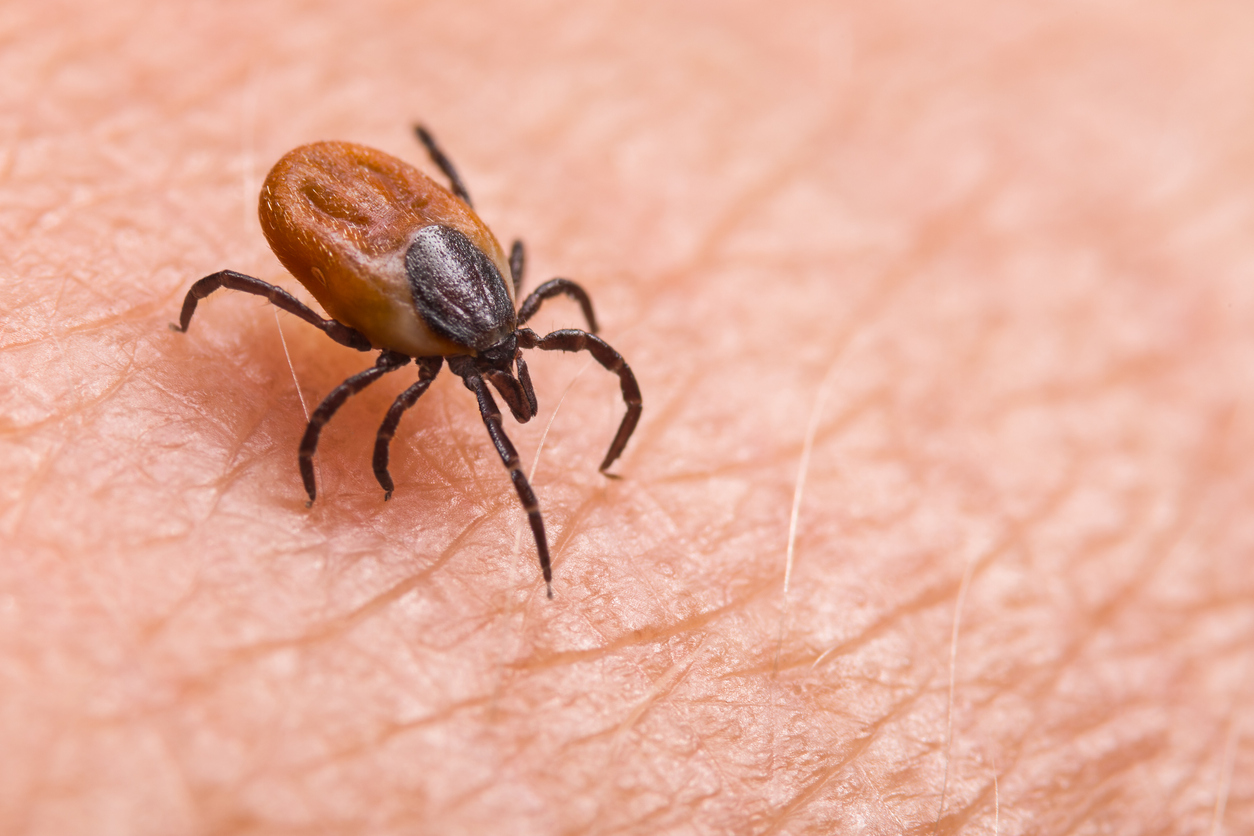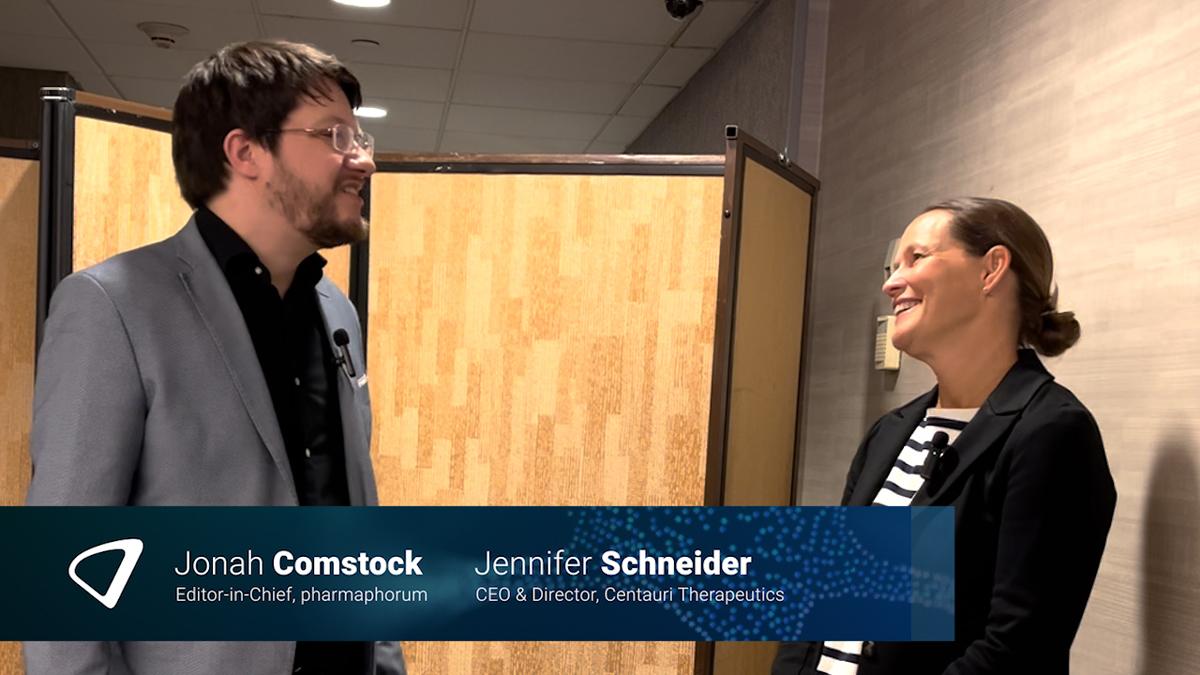Booster data backs Pfizer, Valneva Lyme disease vaccine

Prospects for Valneva's COVID-19 vaccine are up in the air, but another candidate partnered with Pfizer looks increasingly like it could fill the void of an effective shot for Lyme disease.
New phase 2 data with their VLA15 vaccine shows that antibody responses from an initial three-dose regimen are initially high, although they start to decline after 18 months in adult subjects. However, after a booster dose at 18 months, levels rebounded well above the level seen with the initial course in 100% of patients, ending up between three and four times higher.
VLA15 targets the outer surface protein A (OspA) of the Borrelia burgdorferi bacteria that causes Lyme disease, a tick-borne infection that causes a characteristic rash that can be accompanied by flu-like symptoms and – in some cases – debilitating tiredness and aches that can last for years. While early treatment with antibiotics is generally successful, there's a real need for a vaccine that could be used to prevent infections, particularly for people who spend a lot of time outdoors.
Cases of Lyme disease have more than tripled since the late 1990s, according to Centres for Disease Control and Prevention (CDC) data.
The reasons for increase aren’t well understood , but could relate to an increase in the deer population, reforestation efforts, climate change, and population shift from urban to suburban areas.
GlaxoSmithKline (then SmithKline Beecham) developed a Lyme disease vaccine called Lymerix back in the 1990s, but it fell foul of anti-vaccine sentiment and the drugmaker eventually pulled it off the market in 2002, after settling a class action lawsuit claiming injuries from side effects.
VLA15 is reported to be the only active Lyme disease vaccine in clinical development today, and covers six strains that are prevalent in North America and Europe. Valneva's chief medical officer Juan Carlos Jaramillo said that the new data takes the partnership "a step closer to making a major contribution against this severe disease, subject to regulatory approval."
Pfizer bought into the programme last year, paying $130 million upfront for marketing rights to the vaccine if it succeeds in the clinic, as well as up to $308 million in milestone payments.
Last December, Valneva started a second phase 2 study including around 600 healthy people aged 5-65 years of age, which should generate results by the second quarter of 2022. If positive, a phase 3 programme is expected to start later that year.
The Lyme disease data comes as a boost to Valneva, which was rocked earlier this month after the UK government ducked out of a €1.4 billion contract to supply up to 100 million doses of its COVID-19 vaccine VLA2001. The French biotech is currently waiting for clinical results with the shot, and there have been reports that the EU is looking at it as a possible addition to its booster campaign plans, along with a shot from Sanofi and GlaxoSmithKline.













